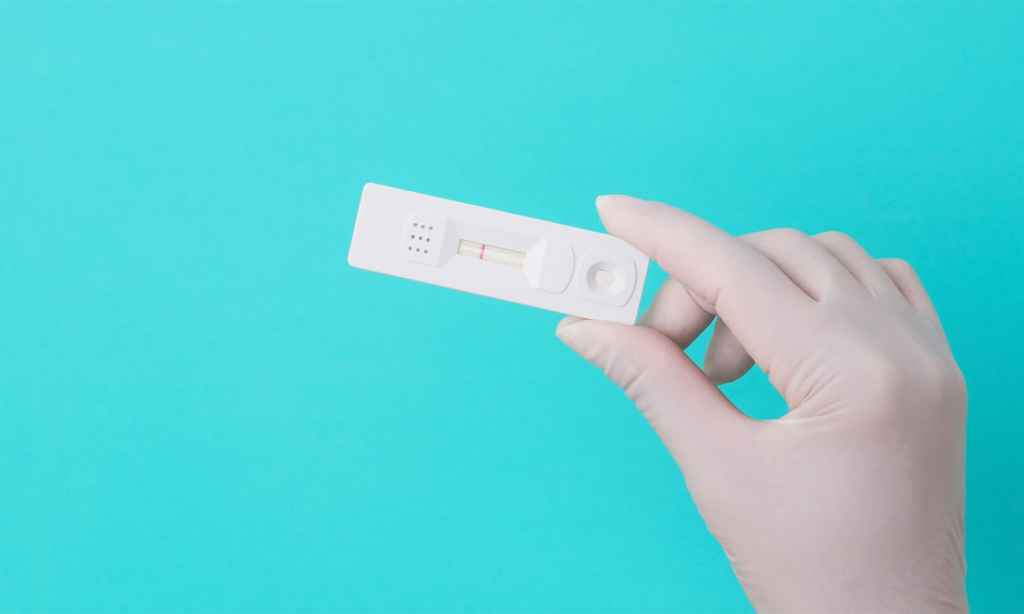The federal government are looking to change the rules around rapid antigen tests that could see Aussies with a little more cash in their pockets come tax time.
If you’re anything like us, you’ve probably done your fair share of RATs as you dodge COVID like bullets in The Matrix — or you’ve used them to confirm that the ‘rona has finally tracked you down.
Either way, hunting down those RATs has been no joke over the past few weeks when people were forced to club together to crowdsource their availability and the price skyrocketed to more than $30 a pop, or vastly more if you were buying off unscrupulous second-market salespeople.
In order to make those costs a little less insane, Federal Treasurer Josh Frydenberg has announced that changes to the tax legislation will be coming into effect for the 2021-2022 financial year and will be backdated to July 1, 2021.
All COVID-19 tests will be tax-deductible during the upcoming tax season, including PCR tests and rapid antigens, for individuals when used as a work expense. This means if your job has required you to take a test at work, you can claim that back as an expense. The tests will also be exempt from fringe benefit tax for businesses when they are purchased for work-related use.
This means that, while the tests won’t be free, they will be a little cheaper retrospectively for some people. If you fall into the 32.5% tax bracket — that’s those earning between $37,000 and $87,000 per year — you’ll see about $6.50 back from every $20 spent on RATs.
Frydenberg said that the move would bring COVID-19 tests “in line with other work-related expenses.”
“COVID-19 tests are an important tool being used by businesses to protect their workforce and to ensure they can keep their doors open and our supply chains running,” he said.
“As the pandemic has evolved so has our response, and by making common sense decisions like this, we are making it easier for households and businesses to get on with their lives.”
However, the rules may exclude the use of the tests as preparatory tools and will require you to have used the tests while actually on the clock. For example, if you need a test in order to go to work, that may not be covered.
Still, it’s worth hanging onto those receipts and seeing what you can get at tax time.
Read more stories from The Latch and subscribe to our email newsletter.

